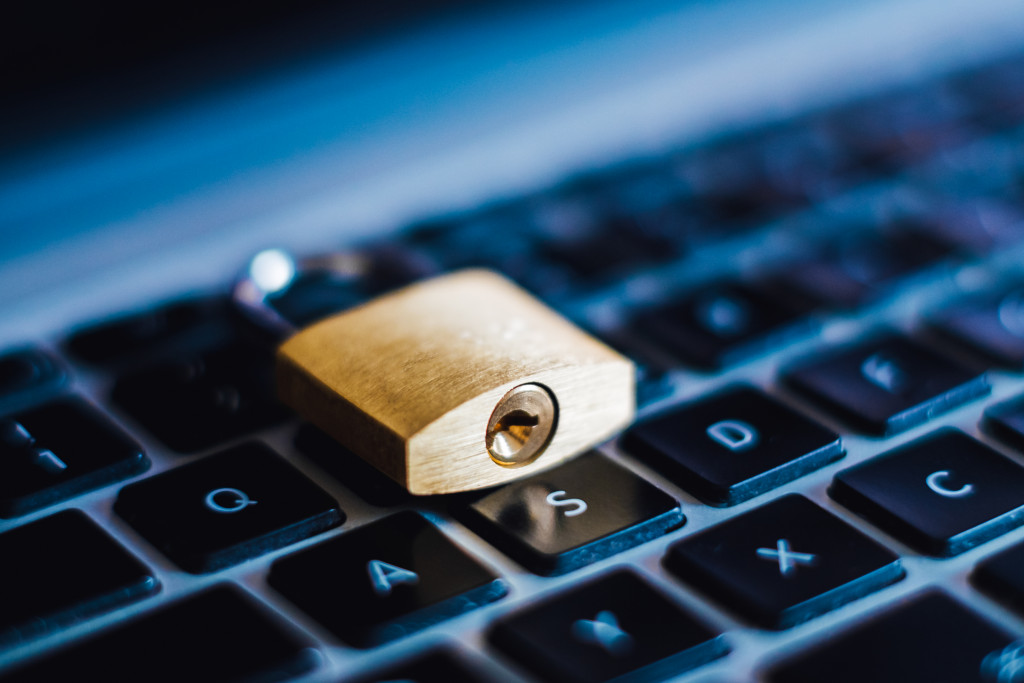Most businesses understand the importance of data security, but many still don’t take the necessary precautions to protect their information. In today’s digital age, data breaches can be costly and damaging to a company’s reputation. Here are 11 practical tips for keeping your business’ data secure.
- 1. Keep Your Software Up-To-Date
- 2. Use Strong Passwords
- 3. Use Two-Factor Authentication
- 4. Use a VPN
- 5. Encrypt Your Data
- 6. Data Management
- 7. Keep Up with Your Database Performance
- 8. Educate Your Employees
- 9. Perform Regular Backups
- 10. Monitor Your Network Traffic
- 11. Use a Firewall
- Bonus Tip: Be Prepared for the Worst
1. Keep Your Software Up-To-Date
One of the simplest and most effective ways to improve your data security is to keep your software up-to-date. Outdated software can be full of vulnerabilities that hackers can exploit. Ensure you have the latest versions of all your software programs, including your operating system, web browser, and any plugins or extensions.
2. Use Strong Passwords
Another basic but often overlooked data security measure is to use strong passwords. A strong password should include a mix of uppercase and lowercase letters, numbers, symbols and should be at least eight characters long. Avoid using easily guessed words or personal information in your passwords.

3. Use Two-Factor Authentication
Whenever possible, enable two-factor authentication for additional security. With two-factor authentication, you’ll need to enter not only a password but also a code that’s usually sent to your mobile phone. This makes it much harder for hackers to gain access to your accounts. Also, be sure to use different passwords for different accounts.
4. Use a VPN
Whenever you connect to the internet, your traffic is vulnerable to interception. A VPN (a virtual private network) encrypts your internet traffic, making it much more difficult for anyone to snoop on your data. This is especially important if you often use public Wi-Fi networks. Make sure to choose a reputable VPN service with strong security features.
5. Encrypt Your Data
One of the best ways to protect your data is to encrypt it. This means that even if someone does manage to get their hands on your data, they won’t be able to read it without the encryption key. Many software programs offer built-in encryption, or you can use a third-party encryption tool. Moreover, if you’re using a cloud storage service, check to see if it offers server-side encryption.

6. Data Management
Your organization should have a data governance policy in place that outlines how data should be managed, who is responsible for managing it, and what the consequences are for non-compliance. This will help to ensure that your data is properly protected and that only authorized individuals have access to it.
7. Keep Up with Your Database Performance
SQL Server database performance monitoring should be a regular part of your data security routine. Poor database performance can lead to data breaches and SQL injection attacks. By monitoring your database performance, you can quickly identify and fix any issues before they become a security risk.
8. Educate Your Employees
It’s important to educate your employees about data security and the importance of following best practices. Make sure they know how to create strong passwords, spot phishing attacks, and identify other security risks. You should also have a data security policy in place that outlines the consequences of non-compliance.
9. Perform Regular Backups
One of the most important data security measures is to regularly back up your data. This way, if your data is lost or corrupted, you’ll be able to quickly restore it from a backup. There are many ways to back up your data, so choose the method that best suits your needs. You can also use a cloud backup service for added convenience and security.
10. Monitor Your Network Traffic
Monitoring your network traffic can help you spot unusual activity that could indicate a security breach. Many tools are available to help you monitor your network traffic, including open-source and commercial solutions. Choose a tool that offers features that meet your specific needs.
11. Use a Firewall
A firewall is a critical data security measure that can help to protect your network from attacks. A firewall can be either hardware- or software-based, and it works by filtering traffic and blocking unauthorized connections. Be sure to configure your firewall properly and keep it up to date to ensure maximum protection.
Bonus Tip: Be Prepared for the Worst
No matter how well you protect your data, there’s always a chance something could go wrong. That’s why it’s essential to have a plan in place for what to do in the event of a data breach. This plan should include steps for identifying and containing the breach and steps for notifying affected individuals and restoring lost data.
By following these tips, you can help to keep your business’ data secure. However, data security is an ongoing process, so it’s important to regularly review your security measures and make changes as needed. So long as you stay vigilant, you can help to ensure that your data remains safe and secure.
